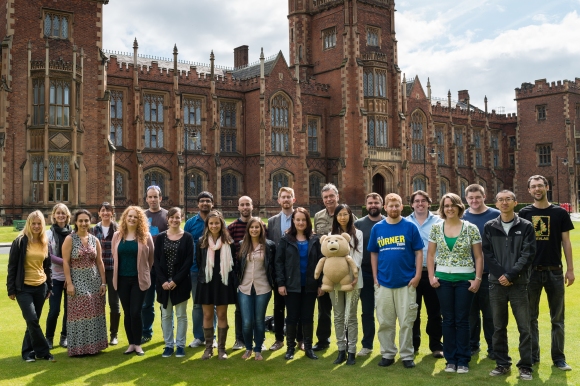In most of my blogposts I have ended up talking about how I’m feeling through the PhD process, and any techniques I have tried to decrease stress and increase happiness. I have found that writing these, and reading similar blogs from other PhD students, has helped me with the non-academic side of research.
For the same reason I recently joined a free MOOC (massive open online course) on EdX, called “How to survive your PhD”, and it’s given me a few things to think about. Week 1 was about introducing yourself, week 2 was about the history of the doctoral process, and then weeks 3-10 are each focussed on a different emotion that can be part of taking a PhD.
The main point I’ve taken from week 2 is one particular connection between history and the present:
We learnt that the historical culture of scholars and academics being entirely and completely focussed on reading, learning and publishing research came from a time when they literally had everything else done for them. In general, they lived in college, had cleaners, cooks, maids and so never needed to do chores. This meant they could devote every waking moment of their time and brain power to research, and were therefore incredibly well read.
The Research Leader for this MOOC then compared this to modern day researchers; we all have our own responsibilities outside of research itself, whether that’s regular household chores, travel time between home and work, or family responsibilities, let alone wanting any time just to relax! “I’ve not read enough”, “I’ve not done enough”, and “I just don’t know enough” are common worries of PhD students; it’s no wonder that when thinking about how much the ideal academic would be working, we all seem to feel we fall short.
In my opinion the image of a “real” or “ideal” academic is the part that needs to change, not the modern lifestyle around it. PhDs have to develop to fit into researchers’ lives now, which are profoundly different from researchers’ lives when PhDs began. Doing a PhD is no longer only for those who will be lifelong academics, with nothing else of importance to think about. Some of us PhD students will go to industry research, become businessmen/women, or politicians, or teachers, or whatever else it is we want to do. Some of us will stay in academia for our entire career, but that is no longer the norm.
The PhD, and the culture around it, must adapt to that.
NOTE: A recording of the Periscope “livechat” from week 2 is on YouTube, here. The part especially relevant to this post starts at 5:14 and lasts about 2 minutes (it’s ~30 mins long in total, and worth a watch in entirety if you have time).





